
Download the pdf-version of issue 59 of Cultural Resistance Monitoring
Persecution, Convictions, Censorship, Cultural Policy

Pavieł Biełavus, the founder of the souvenir shop with national symbols Symbal.by, which was forced to close offline in 2020 for political reasons, got detained and later sentenced to 15 days of administrative arrest for “Violation of the order of holding mass events”. According to the information in the media, the true reason was his mailing the book Belarusian National Idea by Zmicier Łukašuk, which was recognized as extremist.
The case of Eduard Palčys was sent to court. Eduard is a political prisoner, political blogger and activist, detained in October 2020 and accused of “organizing riots”, “actions that grossly violate public order”, “actions aimed at inciting other social hostility” and “calls for action, aimed at harming the national security of the Republic of Belarus”.

Fiodar Čarankoŭ, vocalist of the Nia Varta band, was sentenced to 5 days in jail for following a media account recognized as extremist. During the trial, Čarankoŭ managed to shout that he had to sleep on wooden bunks without a mattress and use rolls of toilet paper instead of a pillow for the past few days.
Singer Alexander Patlis was invited to perform at the Philharmonic at a concert in memory of Uladzimir Mulavin, a famous Belarusian musician. However, a few days ago Alexander learned that he had been expelled from the program for “political reasons”.
Kryścina Bašarymava, an artist and actionist, was detained for following channels deemed extremist in Belarus. A “repentant video” with the woman appeared in pro-government telegram channels. She is known to have been released on Friday.
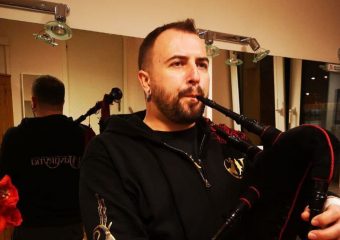
Zmicier Šymanski, bagpiper sentenced to 3 years in an open air prison under the article “organization and participation in actions that grossly violate public order” for playing the bagpipe during the peaceful rally on August 16, 2020, managed to leave Belarus. He is in Warsaw now.
Barys Chamajda, a cultural activist who has been promoting Belarusian culture right on the streets since the 1980s, was detained in Viciebsk. In the past, Barys workplace, the so-called “Island of Freedom”, was decorated with a white-red-white umbrella and vyšyvankas (traditional embroidered clothing), rallies were held there and the independent press was distributed. This week the police confiscated his books in Belarusian to check them for “extremism”. But Barys says he will not quit his job, even if everything is confiscated from him: he will come to the “Island of Freedom” with a folding chair and will simply talk to people.
Life of the Imprisoned People
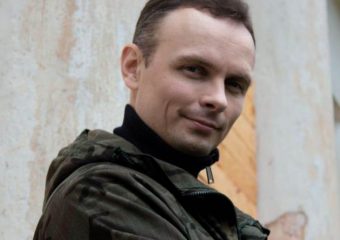
Arciom Fiedasienka, a political prisoner and author of the music project AF, writes poems behind bars. Arciom is the director of a private printing house, who was detained on March 19, 2021. He faces up to five years in prison for “printing unregistered newspapers, stickers, and protest leaflets”. Shortly before his arrest, he released two singles, but did not even have time to announce them.
Aleś Puškin, a politically imprisoned artist, sent a new series of drawings called Cellmates from jail. It later became known that Aleś had been sent for a psychiatric examination. He has been in prison for almost 8 months.
It became known that Viktar Babaryka, a politically imprisoned philanthropist, “earns” only 50 BYN (18 EUR) per month in the colony. Previously, this amount was 1.6 BYN (0.6 EUR) a month.
Dissent and Cultural Activism
November 15 is International Day of Imprisoned Writer. Radio Free Europe and PEN Belarus have announced seven winners of the Francišak Aliachnovič Award for works based on personal prison experience of the authors:
- Andrej Alaksandraŭ. Poems from Behind Bars;
- Alaksandr Vasilevič. Dad And The Penguin. Tales about internal freedom written in the Minsk pre-trial detention center;
- Maksim Znak. A cycle of prison poems;
- Volha Kałackaja. Prison Diary;
- Sviatłana Kuprejeva. A cycle of prison poems;
- Mikoła Papieka. A cycle of prison poems;
- Andrej Skurko. Tales and poems for his son.
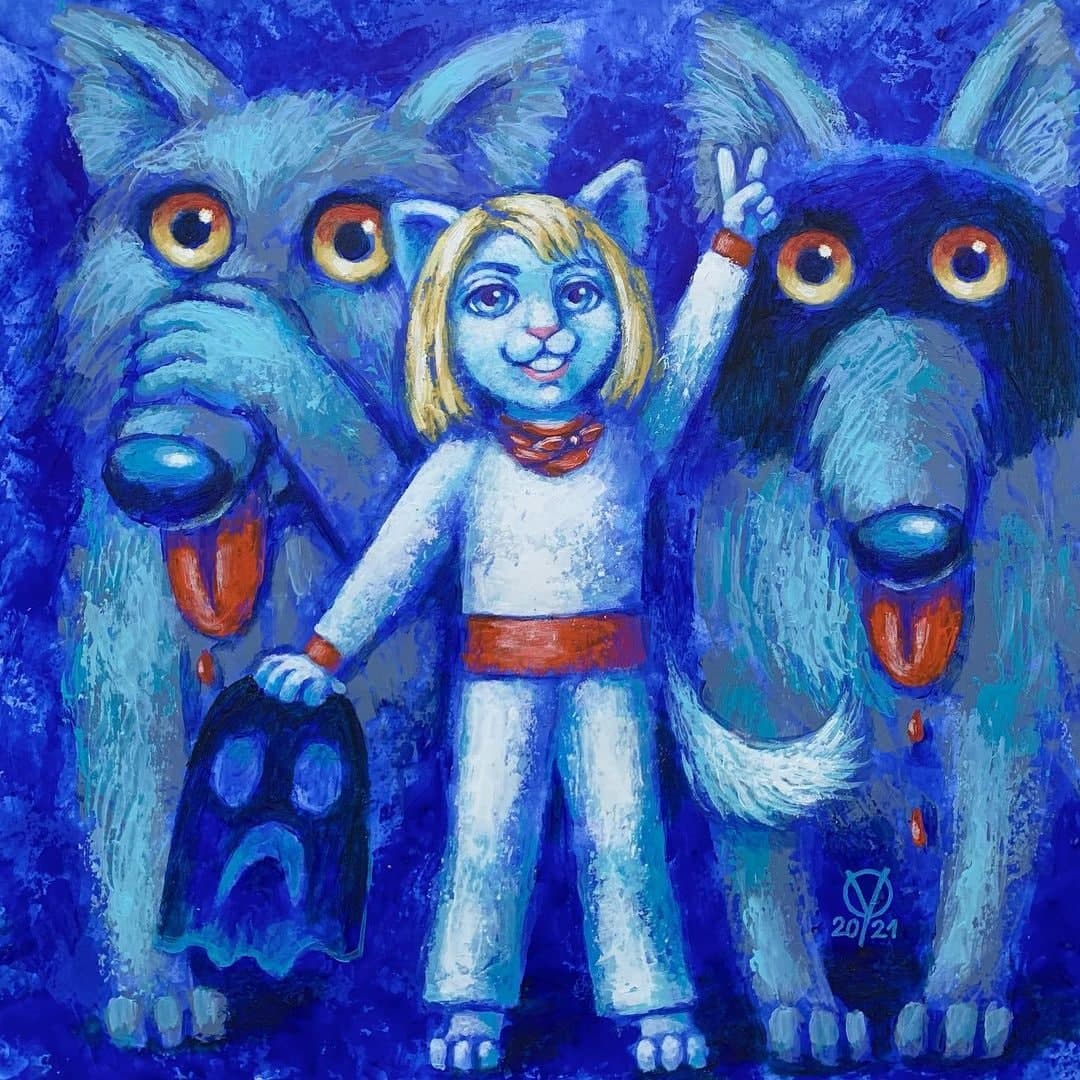
To that date, a banner appeared on the website of the PEN Belarus, where one can learn about each writer and poet in captivity in Belarus.
Volha Jakuboŭskaja, artist, dedicated her new artwork to Natalla Chierše, a political prisoner.
An exhibition of painted carpets I can explain everything by Maksim Osipaŭ has opened in Bialystok, Poland. It presents biblical or historical figures from famous paintings or icons in the context of recent events in Belarus.
A new novel Hej Ben Hinom by Uładzimir Niaklajeŭ, a writer, poet and member of PEN Belarus, was announced to be published in the Belarusian language in Poland. According to publishers, it is not possible to publish this book in Belarus for political reasons. Presentations of the novel will take place in November-December 2020.
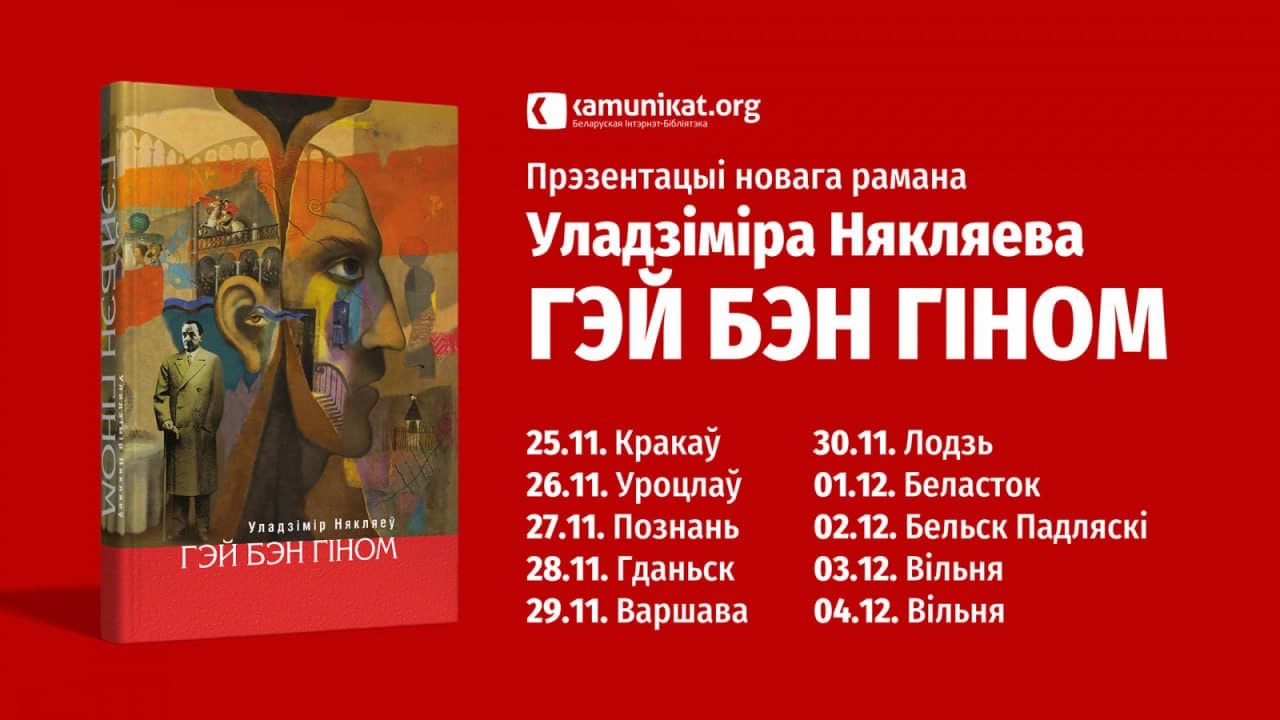
EthnoTradition continues to add beautiful videos to the online encyclopedia of traditional Belarusian costumes.
Siarhiej Hrynievič, an internationally renowned Belarusian artist whose paintings have been repeatedly removed from exhibitions for “inappropriate” content, gave a lecture on his work for the Belarusian Virtual University of the Golden Age.
A book trailer for Artur Klinaŭ’s book Łokisaŭ and a book trailer for Jeva Viežnaviec’s book Pa što idzieš, voŭča? (Bel. for Where are you going, wolf?), shortlisted for the 2021 Jerzy Giedroyc Literary Award, have been released.
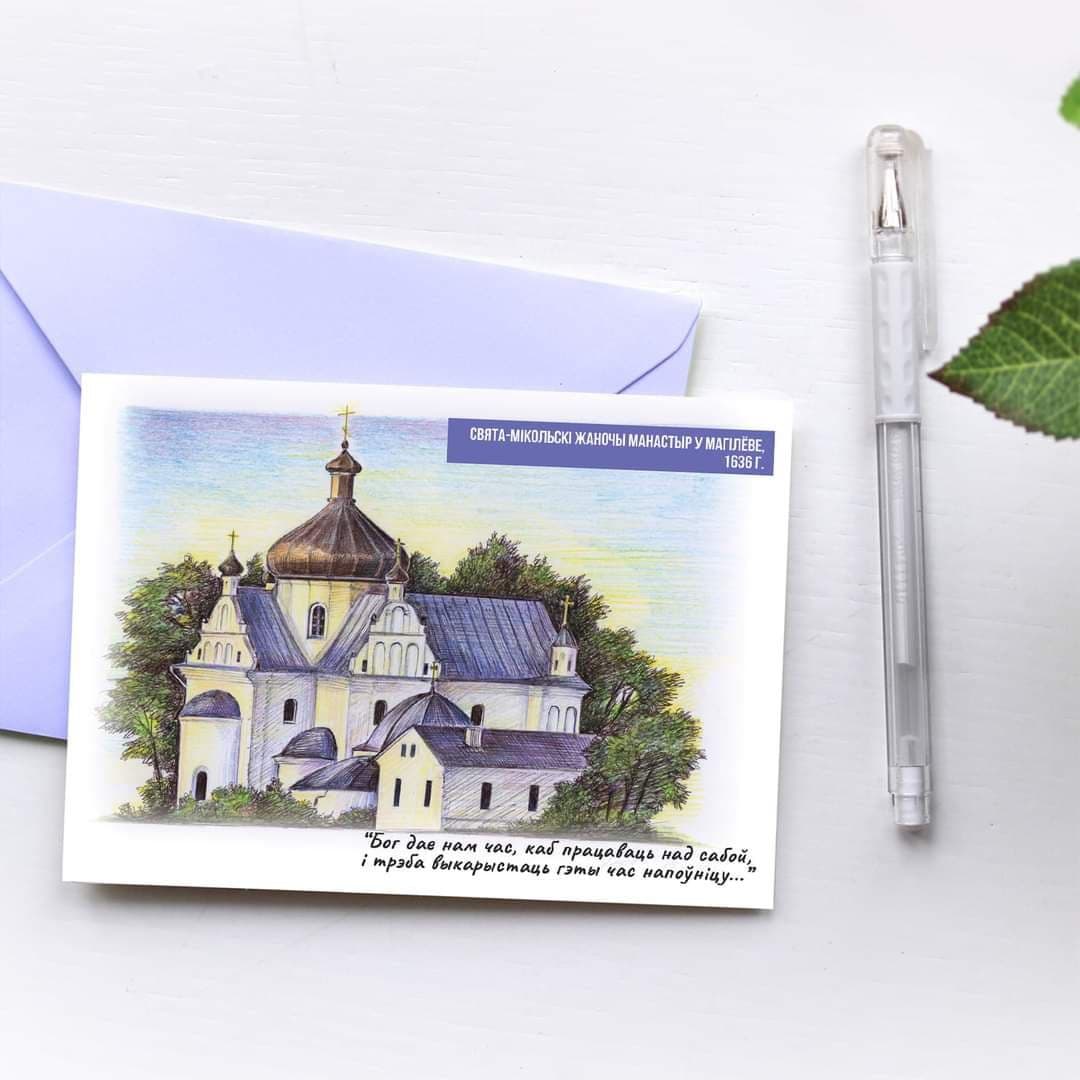 The premiere of the play based on the documentary play by Andrej Kurejčyk, playwright and member of the PEN Belarus, took place in the town of Legnica, Poland. The heroes of the play are Maryja Kaleśnikava, a political prisoner and musician, Mikałaj Statkievič, Ihar Łosik, convicted and detained on high-profile cases of students, pensioners, poets and many others — more than 20 touching stories of people that fell victims to the repressive system.
The premiere of the play based on the documentary play by Andrej Kurejčyk, playwright and member of the PEN Belarus, took place in the town of Legnica, Poland. The heroes of the play are Maryja Kaleśnikava, a political prisoner and musician, Mikałaj Statkievič, Ihar Łosik, convicted and detained on high-profile cases of students, pensioners, poets and many others — more than 20 touching stories of people that fell victims to the repressive system.
Uładzimier Hłazaŭ, a poet from Brest, whose daughter Maryna Hłazava is a political prisoner sentenced to 1,5 years of home imprisonment for the “karahod case”, has released a new poetry collection — Brestskij Mir.
Volha Sieviaryniec made 10 postcards based on drawings and quotes by Pavieł Sieviaryniec, her husband, a politically imprisoned politician and a writer.
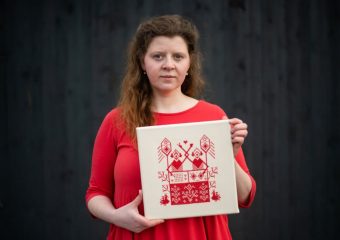
Rufina Bazłova, a Belarusian artist who reflects on the protests in Belarus in her works stylized like traditional embroidery, has been shortlisted for the prestigious Polish Allegro Prize, organized by an influential international contemporary art media.
A documentary about Vitold Ašurak, an activist and political prisoner who died six months ago in the Škłoŭ penal colony under unknown circumstances, has been released.
The seventh Belarusian film festival Bulbamovie closed in Warsaw. Anastasija Sierhijenia‘s film SOYKA was chosen as the best feature film, Alena Bujakova‘s Wonderful Hills as the best documentary. Most of the young film competition films concern protests in Belarus.
Voices of Belarusian Culture
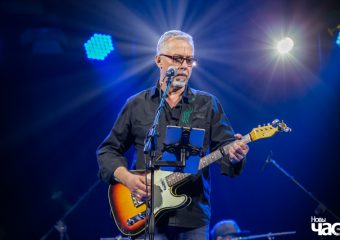
Ihar Varaškievič, musician, leader of the band Krama, answered the question about possible emigration, “I want to live on my land”. He also reflected on the question “What do Belarusians lack?”,
“Now, when everything Belarusian is ruined, the only answer that comes to my mind is — Belarusians lack Belarusianness. Language, culture — everything is trampled to the ground, getting destroyed. So many people are behind bars, somany have fled… But there is no point in living without hope.”
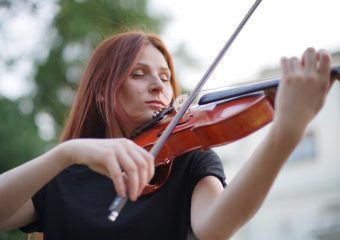
Hanna Skrypnikava, a violinist and founder of the Belarusian Music School in Warsaw, shared her opinion that “People [Belarusians] will return and build a wonderful country for themselves”,
“We have understood quite well what the Motherland is, what the difference between our own country and someone else’s country is. I think we are even ready to endure the difficult period that will come after the change of government. Because after the system collapses, there will be an even bigger pit: the things that are currently made real by deception will get disclosed. The true abyss of all our troubles will open in front of us. And we have a long way to go, because everything has to be reworked.”

Hanna Sieviaryniec, a writer and literature researcher, wrote about the importance of such intangible values as hope, faith, love, language and solidarity,
“It is a terrible folly and even a crime to think that victory can be attained by sticks, batons, stones and bullets. Victory is gained by faith, hope, confidence and inner steadfastness <…> For me, the struggle has long gone inside my mind. I win as long as I have faith and do what I want and can do.”
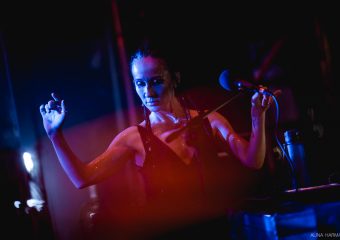
Rusia, a musician and vocalist of ŠUMA band, shared that she is working remotely with her colleagues on new songs and is waiting for the moment of returning to Belarus,
“We are making very energetic and welcoming tracks, which await for the moment when the situation changes and we are able to make a big rave party on Independence Avenue in Minsk. When there are marches and demonstrations to the music we write specifically for these raves. Imagine three women singing folk songs. It’s so cool! I dream of making a Rave of Victory! I want to make my return to Belarus loud!”
International Solidarity
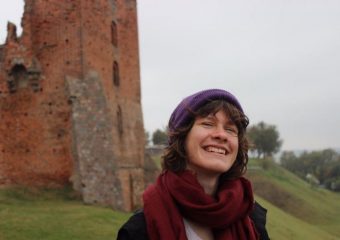
As part of a joint campaign, the Belarusian Council for Culture and Amnesty International call on Belarusian artists to create postcards in support of Mikita Załataraŭ, a 17-year-old political prisoner who was sentenced to 4.5 years for alleged “organization of riots”, “illegal actions in relation to objects, the damaging effect of which is based on the use of flammable substances”, “violence or threat of violence against employees of internal affairs bodies”.
Ksienija Syramałot, a poet, activist of the Belarusian Students Union, politically imprisoned under the “student case”, received (together with Mikita Jemieljanaŭ, representative of the anarchist movement and Palina Šarenda-Panasiuk, mother of two minor children) the prestigious Czech Stories of Injustice award. It is the first time in the history of the award when citizens of other countries get honoured.

Maryja Kaleśnikava, a politically imprisoned activist and musician, received the Magnitsky Award as an “outstanding opposition activist”. The letter of the award states:
“We honour her for her principled and courageous position in defending her country against the Lukashenko regime.”
Political Prisoners’ Birthdays
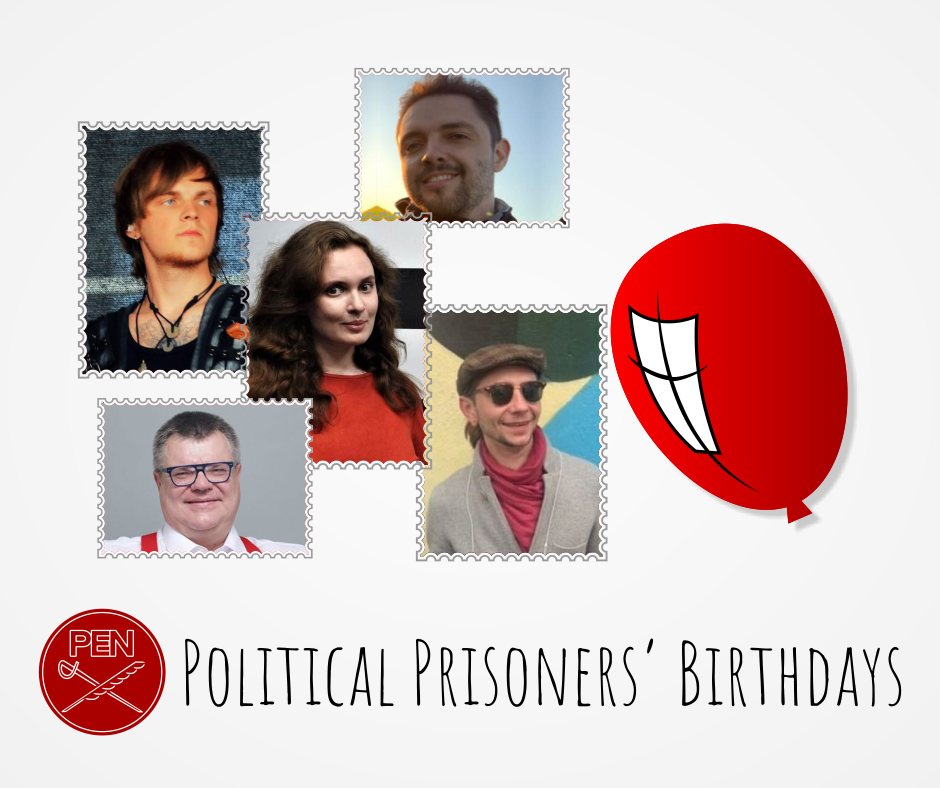 For November 21, 876 persons have been recognized as political prisoners in Belarus, and the number has been increasing steadily.
For November 21, 876 persons have been recognized as political prisoners in Belarus, and the number has been increasing steadily.
PEN Belarus, as an association of writers, is particularly concerned about the fate of cultural workers who have been unjustly imprisoned.
In November, 5 political prisoners somehow involved in the process of cultural development of our country, will celebrate their birthdays behind bars. They are:
Anton Šnip, musician (November 1); Kaciaryna Andrejeva, journalist, writer (November 2); Viktar Babaryka, patron of arts (November 9); Ihar Jarmołaŭ, dancer (November 15) and Maksim Kruk, scene designer (November 16).
Letters and postcards (in Belarusian or Russian) can be sent to the following address:
Anton Šnip (Антон Шніп) and Maksim Kruk (Максім Крук): СІЗА-1. 220030, г. Мінск, вул. Валадарскага, 2;
Kaciaryna Andrejeva (Кацярына Андрэева): ПК №4. 246035, г. Гомель, вул. Антошкіна, 3;
Viktar Babaryka (Віктар Бабарыка): ПК №1. 211440, г. Наваполацк, вул. Тэхнічная, 8;
Ihar Jarmołaŭ (Ігар Ярмолаў): ПК №17. 213004, г. Шклоў, вул. 1-я Заводская, 8.
